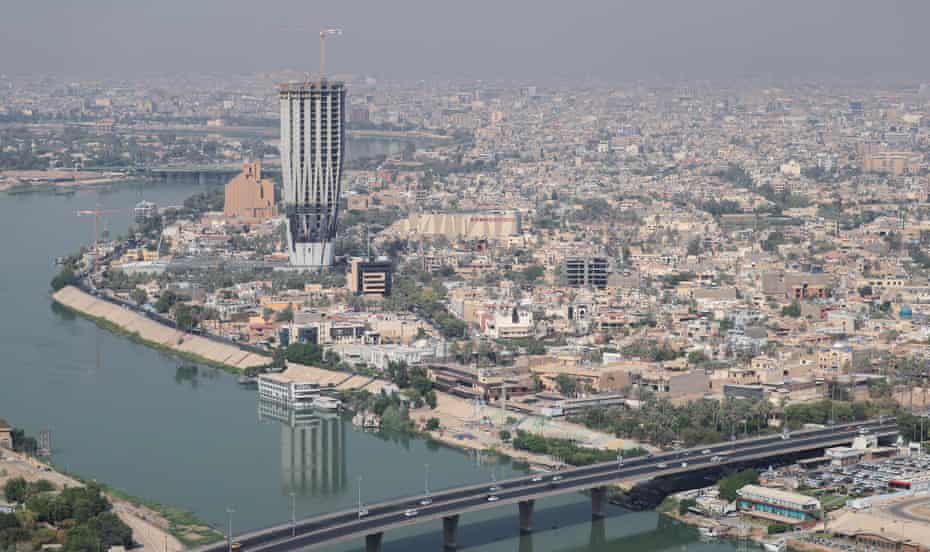The United States has ordered the departure of non-essential diplomatic staff and their families from several embassies across the Middle East, citing escalating tensions with Iran and growing fears of a broader regional conflict.
The U.S. State Department confirmed Wednesday that it had instructed non-essential personnel to leave the embassy in Baghdad, Iraq, as a precautionary measure. “This decision reflects our commitment to keeping Americans safe, both at home and abroad,” a department spokesperson said. Although the Baghdad embassy was already operating with limited staffing, the move underscores the seriousness of the situation.
Similar voluntary departures have been authorized for U.S. staff and their families in Bahrain and Kuwait. The Pentagon also announced that Defense Secretary Pete Hegseth has approved the departure of military dependents from several bases across the region.
“These steps are being taken as a precaution, as U.S. Central Command continues to monitor the developing tension in the Middle East,” the Pentagon said in a statement.
The decision comes amid a sharp rise in hostility between the U.S. and Iran. Iran’s defense minister, General Aziz Nasirzadeh, issued a stern warning on Wednesday, threatening to target U.S. military bases in host countries if conflict erupts. “All its bases are within our reach,” Nasirzadeh said. “Without hesitation, we will target all of them.”
Tensions have been mounting after nearly 18 months of war in Gaza, which has fueled broader instability in the region. Nuclear negotiations between the U.S. and Iran appear to be at a standstill, with Iran continuing to defend its uranium enrichment program as a “non-negotiable” right and Washington branding it a “red line.”
President Donald Trump, who had previously expressed optimism about a potential deal, struck a more doubtful tone in a podcast interview released Wednesday. “I’m getting more and more less confident about it,” Trump told the New York Post’s Pod Force One. “Maybe they don’t want to make a deal. What can I say?”
Nonetheless, Trump reiterated his administration’s stance that the U.S. will not allow Iran to obtain a nuclear weapon. “It would be nicer to do it without warfare, without people dying,” he said.
Meanwhile, U.S. Special Envoy Steve Witkoff is set to meet Iranian Foreign Minister Abbas Araghchi in Oman on Sunday, hoping to break the diplomatic deadlock.
Britain is also watching developments closely. Its maritime agency issued a warning Wednesday, urging vessels to use extreme caution while navigating the Gulf, the Gulf of Oman, and the Strait of Hormuz critical waterways bordering Iran. The UK Foreign Office said it was keeping its embassy in Iraq under constant review.
Adding to the uncertainty, the U.S. Senate Armed Services Committee announced that a scheduled testimony by General Erik Kurilla, the top U.S. military officer for the region, has been postponed. No reason was given for the delay.



